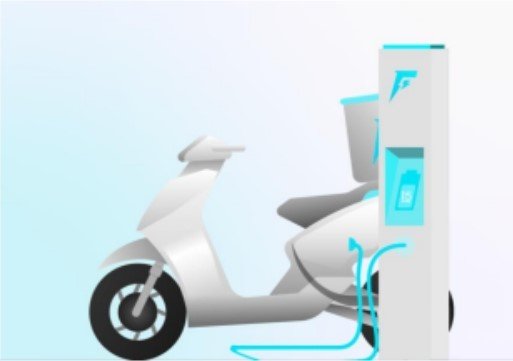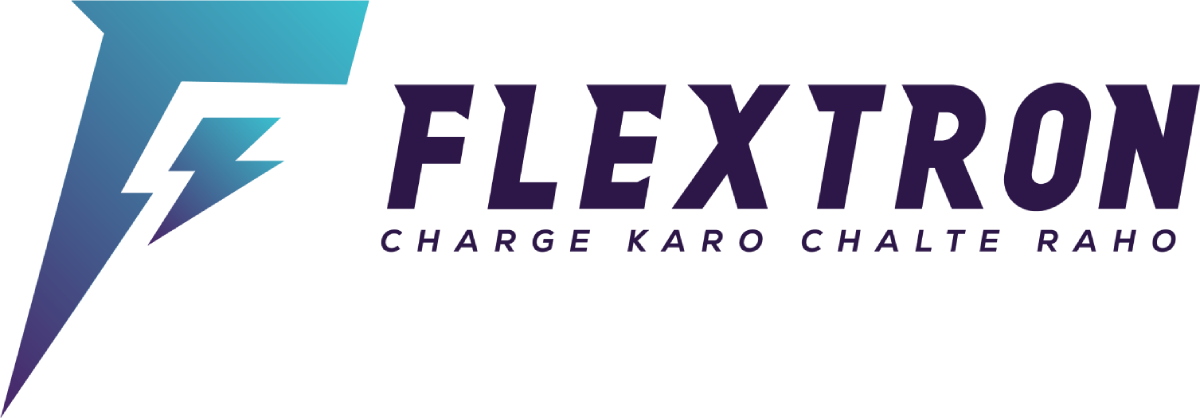The last mile delivery industry has undergone significant transformations in recent years, driven by the surge in e-commerce and the need for efficient, sustainable, and customer-centric delivery solutions.
Electric vehicles have emerged as a vital component of this transformation, offering a cleaner, quieter, and cost-effective alternative to traditional fossil fuel-powered vehicles.
However, the adoption of EVs in last-mile delivery poses its own set of challenges, particularly related to charging infrastructure and range anxiety.
This is where rapid charging technology comes into play, revolutionizing the way EVs are charged and utilized in last-mile delivery operations.
What is Rapid EV Charging?
Rapid EV charging, also known as DC fast charging, is a technology that enables electric vehicles to recharge up to 80% of their battery capacity in under 30 minutes.
This is significantly faster than Level 2 charging, which can take up to 4-6 hours to achieve the same level of charge.

Flextron’s 10 mins Rapid charging is the next level of DC fast charging which allows EVs to get charged in 10 to 15 mins, so no more high charging downtime.
7 Benefits of Rapid Charging for Last-Mile Delivery
The major benefits of using Rapid EV Charging for the delivery services have a direct impact on the overall productivity of the business. The 7 major benefits are,
- Reduced Downtime
- Increased Operational Efficiency
- Improved Customer Satisfaction
- Lower Operational Costs
- Environmental Benefits
- Enhanced Fleet Management
- Competitive Advantage
1. Reduced Downtime:
For delivery services, vehicle downtime directly impacts operational costs and customer satisfaction. Rapid EV charging minimizes the downtime associated with recharging EVs.
Instead of waiting for several hours to fully charge, either Flextron’s 10 mins rapid charging or DC fast charging can significantly reduce this time, allowing vehicles to get back on the road quickly.
This is particularly beneficial during peak delivery times when every minute counts.
2. Increased Operational Efficiency:
Time is of the essence in last-mile delivery. Rapid charging allows electric delivery vehicles to recharge their batteries significantly faster than other charging methods.
This means vehicles can spend more time on the road delivering packages and less time parked at charging stations. This efficiency boost can translate into more deliveries per day, enhancing the overall productivity of delivery fleets.
3. Improved Customer Satisfaction:
Faster delivery times are a key driver of customer satisfaction. With rapid charging, delivery services can ensure quicker turnaround times, enabling faster delivery of packages.
This can be a crucial competitive advantage, especially in an era where customers increasingly expect same-day or next-day delivery options.

4. Lower Operational Costs
While the initial investment in rapid EV charging infrastructure may be higher, the long-term savings are substantial. Electric vehicles are generally cheaper to operate than their gasoline counterparts due to lower fuel and maintenance costs.
Rapid charging further enhances these savings by reducing the time vehicles spend off the road, thus increasing their utilization and revenue potential.
Reach out to Flextron, and set up your own Fast charging station.
5. Environmental Benefits:
One of the main advantages of electric vehicles is their reduced environmental impact. Rapid charging supports the use of EVs by making them more viable for intensive applications like last-mile delivery.
As more delivery services adopt EVs with rapid charging capabilities, the overall carbon footprint of the logistics sector can be significantly reduced.
6. Enhanced Fleet Management:
Rapid EV charging data insights enable optimized fleet management, helping operators to make informed decisions about vehicle deployment, charging schedules, and maintenance.
This leads to improved fleet efficiency and reduced costs.
7. Competitive Advantage:
Last-mile delivery services that adopt rapid charging technology gain a competitive edge in the market.
By offering faster and more efficient delivery services, operators can differentiate themselves from competitors and attract new customers.
Conclusion:
Rapid charging technology is a game-changer for last-mile delivery services, offering numerous benefits that enhance productivity, customer satisfaction, and environmental sustainability.
As the e-commerce industry continues to grow, the adoption of rapid charging infrastructure will play a critical role in shaping the future of last-mile delivery services.
By leveraging rapid charging technology, last-mile delivery operators can gain a competitive edge, reduce costs, and improve their bottom line.
Interested in learning more about 10 Mins Rapid Charging by Flextron, Visit: www.flextronev.com




